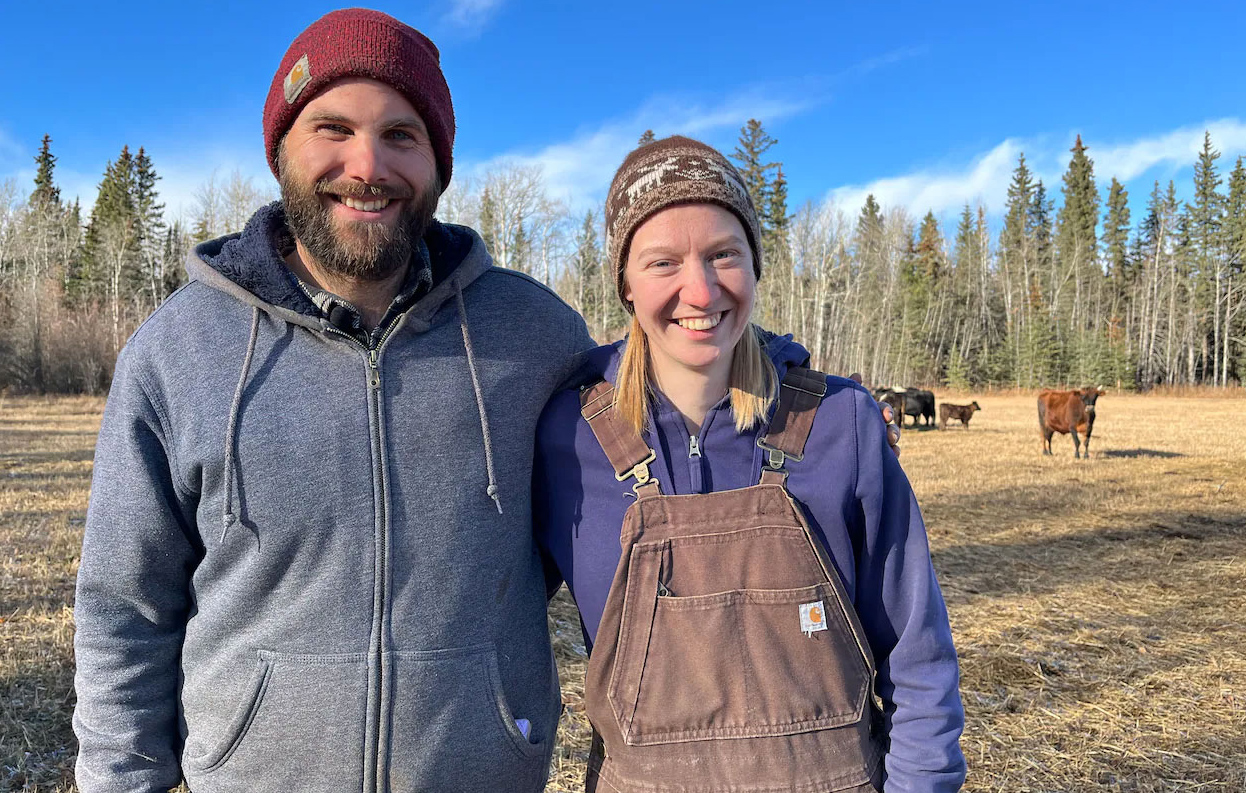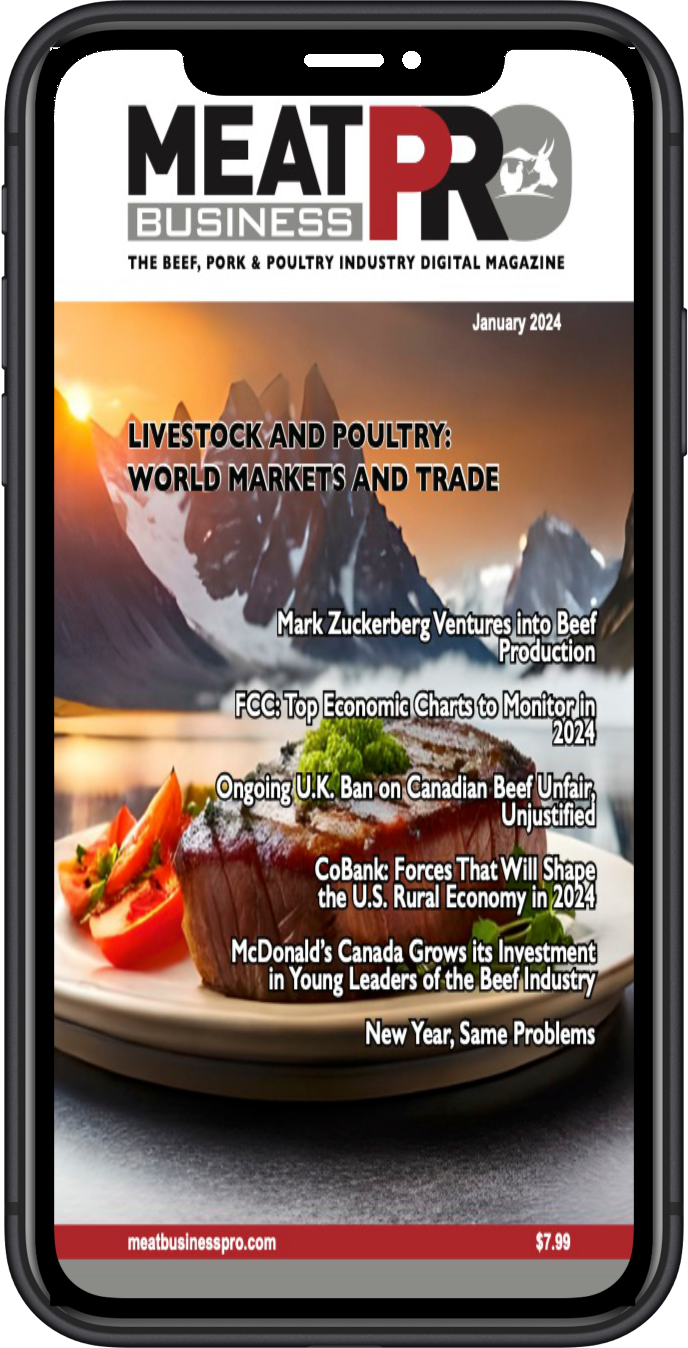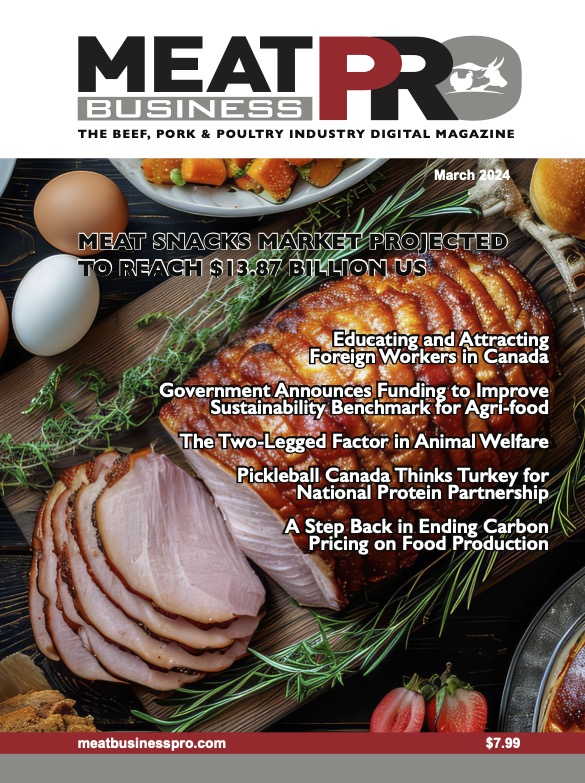“Initially it was like, this is it. And we can quit farming this way,” says Ruth Willis, who operates the farm with her husband, Norwin.
The cattle, pig and poultry farm is located about 500 kilometres northwest of Edmonton.
Government regulations require animals that will be sold by the cut – like chicken breast, bacon or hamburger – to be killed in government-inspected facilities like an abattoir or meat packing plant.
But the on-farm slaughter operation licence, which was brought in by the Alberta government in 2020, has a different set of rules.
Through the licence, animals must be purchased before they’re slaughtered. Then the meat cutting and wrapping can happen on the farm property or at a butcher shop.
If we didn’t have that, we would be done right now.– Norwin Willis
So far 470 farms have been approved for the licence.
“This new licence type has been well-received by producers and consumers,” government spokesperson Mackenzie Blyth said.
Under the program, meat from large animals like bison or cattle can be split between four co-owners, but smaller animals like pigs can only be purchased by one person.
The province expanded the number of co-owners allowed for larger animals from one to four in December 2021.
Norwin said that change was a step in the right direction, but added there is still room for improvement.
“Immediately what would help us a lot is if we could sell half pigs this way,” Norwin said.
Meat by the month
In the meantime, Ruth said a quarter of beef or an entire pig is a lot of meat for most.
So Good Food Farm is exploring what they call subscription boxes to help with storage.
“A lot of people don’t have the freezer space for a full animal at a time,” Ruth said.
“Once a month you get your box of meat and spread it out through the year.”
While they still have some supply of retail cuts, the move to selling animals before they’re slaughtered is a major change for the farm.
Around 75 per cent beef sales and 50 per cent of pig sales were from retail cuts.
“It has some benefits for us in that we don’t have any unsold meat in her freezer,” Ruth said.
And the new licence has kept their dream of owning a farm together alive.
“Norwin and I have wanted to farm our whole lives well, since we were little kids,” Ruth said.
“If we didn’t have that, we would be done right now,” Norwin added.














